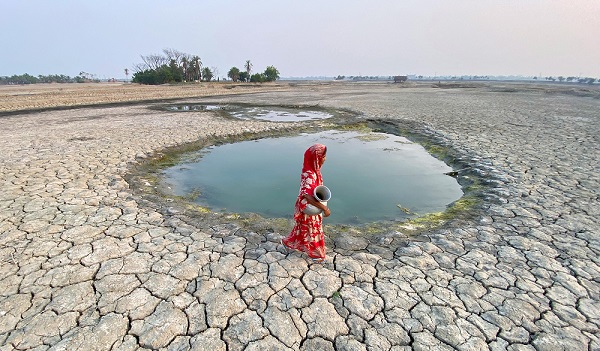by TINTSWALO BALOYI
JOHANNESBURG – AFRICA’S agricultural sector, the backbone of the continent’s economy, faces mounting challenges from climate change but also holds immense potential for transformation.
A new call to action highlights that financial institutions will play a pivotal role in enabling the continent’s transition to climate-smart farming practices.
Agriculture accounts for 25% of Africa’s gross domestic product (GDP), employs 65% of the population, and contributes 75% of domestic trade.
Yet, with 95% of cropland rain-fed, the sector is increasingly exposed to heat, drought, pests, and floods.
Experts say climate-smart practices such as regenerative farming, precision agriculture, drought-resistant seeds, and solar-powered irrigation are critical to building resilience and unlocking Africa’s potential—especially given the continent hosts 65% of the world’s uncultivated arable land.
However, the shift requires significant upfront investment. Many farmers face financial strain as climate adaptation measures can temporarily reduce yields before benefits are realised.
This makes the role of financial institutions crucial in bridging the gap.
“Supporting Africa’s agricultural transformation demands financial partners who understand the unique cycles and risks of farming,” the report notes.
Lenders must build expertise on issues such as weather patterns, commodity price fluctuations, and international market regulations.
Structured financing solutions—such as seasonal credit and concessional loans secured through partnerships with Development Finance Institutions (DFIs) and the Green Climate Fund—are highlighted as key enablers.
Commercial farmers, who require large-scale infrastructure such as irrigation systems and processing plants, need long-term affordable capital.
Meanwhile, smallholder farmers benefit most from value chain partnerships. Financing seed companies to develop drought-resistant varieties or supporting poultry genetic firms to secure local supply chains are examples of interventions that strengthen resilience across the sector.
By fostering ecosystems rather than one-off solutions, financial institutions can make climate-smart technologies more accessible and scalable.
Ultimately, Africa’s agricultural future hinges on collaborative financing models that balance sustainability with affordability.
As the report concludes: “A long-term commitment to agribusiness ensures every step forward is built on financial viability, securing Africa’s agricultural future for generations to come.”
– CAJ News




